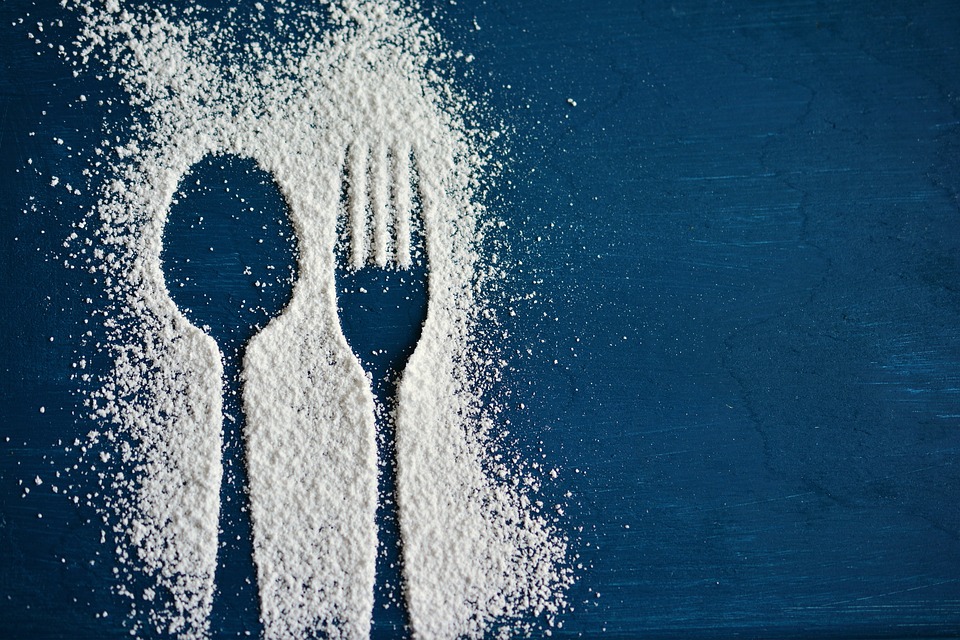
Right now, sugar is one of the most talked-about ingredients in the modern diet. But what is the truth about sugar, and the role it plays in your body? Here are 4 things you need to know to keep your sugar intake at the right level.
Sugar has many names.
Sugar is the generic or household name for sweet-tasting, soluble carbohydrates. There are several different types of sugar. Sugar is a common additive, and even when it comes from a natural sweetener (such as honey or syrups), it’s still sugar. When reading the ingredients list on food labels, added sugar can often go by different names, such as dextrose, sucrose, glucose or corn syrup. All these sugary additives will go towards your daily allowance of free sugar.
Most sources recommend that free sugar shouldn’t make up more than 5% of your daily allowance of calories, which means about 30g per day. Food labels can help you determine how much you’re eating. A high sugar product is usually considered to be 22.5g of total sugar per 100g listed on the label. A low sugar product would have 5g or less per 100g.
You should target your “free sugar” intake.
We actually need sugar for our body to function, but the important decision is where your sugar will come from. All carbohydrates are broken down by the body into sugar to be used for energy. Sugars occur naturally in some foods such as fruit, vegetables and milk, but these items don’t count when calculating your “free sugar” intake. That’s because while they do contain naturally occurring sugar, they also contain beneficial nutrients like vitamins, minerals and fibre.
Free sugar is sugar that has been added to a product. The most obvious foods are baked goods, chocolate, ice cream and lollies; but when you look at nutrition labels you might be surprised to see how many of your favourite savoury foods have sugar added as well. For all those calories, most high-sugar products have little nutritional benefit, and some have none. When limiting sugar in your diet, free sugar is the easiest and most important to cut down on. Get your sugar and carbohydrates from food that is nutritious and beneficial for your body.
Too much sugar has serious health consequences.
Free sugar adds many calories to a person’s diet without adding any nutrition, and many people find it addictive which makes it hard to cut back. High sugar foods don’t usually leave people feeling full and satisfied for a long time, which can lead to overeating. Too many calories from any source can lead to weight gain, and the many negative health consequences that obesity carries. A high sugar diet can contribute to developing Type 2 diabetes and Non-Alcoholic Fatty Liver Disease. It is also the leading cause of tooth decay.
There are easy ways to cut down on sugar.
Most people won’t stick to huge, radical diet changes made all at once. A better solution is to make small changes into a habit, before reducing your sugar further when you’re ready. Some small ways you might adjust your diet are:
- Sugary drinks should be swapped for low sugar options like water, sparkling water or milk.
- If you are feeling low in energy, choose whole fruit instead of a sugary pick-me-up.
- If you do have fruit juice, limit it to 150ml per day and drink it with meals to avoid tooth decay.
- Reduce the sugar you add to hot drinks and cereal, and choose low-sugar options.
- Practice checking the nutrition and ingredients list on food labels, and choose low sugar options.
For tips on eating healthier and advice on how to cut down your sugar intake, your GP is a great place to start.
Click here to book an appointment with a GP to talk about healthy eating –>
